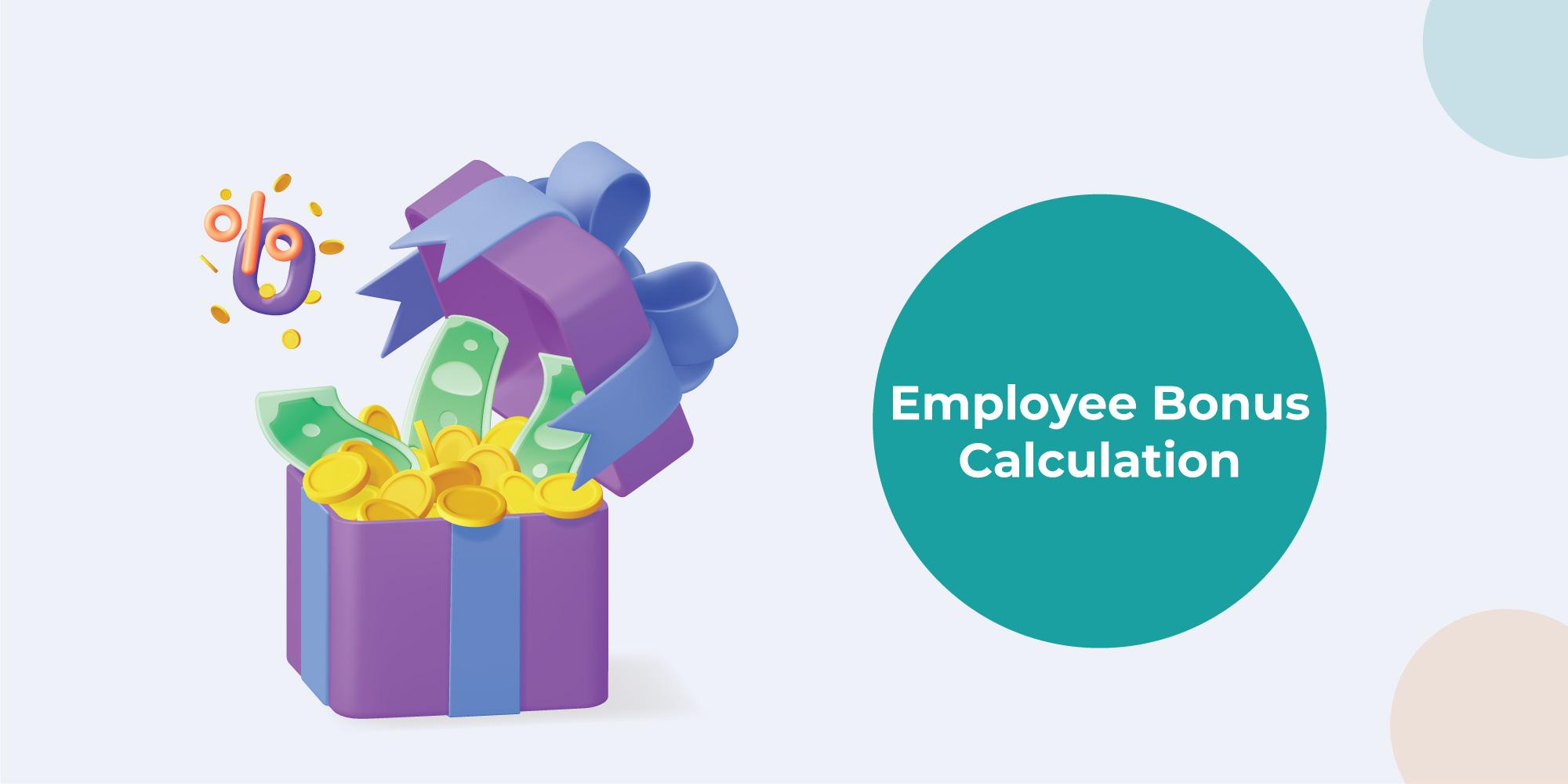How to Calculate Bonus on Salary: Formula and Benefits Explained
Reviewed by: Fibe Research Team
- Updated on: 14 Oct 2025

Bonus Calculation as per Bonus Act 1965 states that every organisation with 20 or more employees must pay a minimum bonus of 8.33% of total wages. This bonus not only supports financial well-being but also improves employee morale and commitment. The Diwali bonus calculation generally depends on factors such as basic pay, eligibility, and a fixed rate. By understanding the correct bonus calculation formula, employees can see how organisations manage bonus calculation as per the Bonus Act and receive the Diwali bonus as part of their annual earnings. This article explains everything you need to know about bonus calculation.
Table of Contents
How to calculate bonus?
Now that you are familiar with the types of bonuses, here is a quick snapshot of the calculation of bonus. Before evaluating the formula for the calculation of bonus, you need to first check if you are eligible or not.
As per the Bonus Act, all employees who have completed at least 30 working days are applicable for a statutory bonus, provided they meet the required criteria. While the minimum bonus is 8.33%, the maximum goes up to 20%. You can avail this bonus only if your monthly salary does not exceed ₹21,000.
The formula for the calculation of bonus is simple:
Applicable Bonus = Your Salary x 8.33/100
The aforementioned formula applies only if your monthly salary is equal to or less than ₹7,000. In case your monthly salary is above ₹7,000, the calculation of bonus happens in this manner:
Applicable Bonus = 7,000 x 8.33/100
Using both these formulas after checking your eligibility can help you easily calculate the bonus.
Calculation of bonus using a hypothetical example
Here is a simple illustration to help you understand the calculation of bonus. Assume you earn a monthly salary of ₹15,000, which includes the basic salary and the Dearness Allowance. In such an instance, the calculation of bonus happens in the following way:
Bonus Amount Eligible = 15,000 x 8.33/100
This is equal to ₹1,250 approximately for a month and ₹14,994 for a year.
What are the various bonuses available for employees?
There are different types of bonuses for employees distributed quarterly or annually. While some organisations may offer a one-time payment, others may make recurring payments. Remember that the bonus you earn depends on umpteen factors, such as your position in your company, your performance level, the nature of your job and much more.
Here are a few kinds of bonuses you need to know before understanding how to calculate bonus.
- Spot Bonus
This kind of bonus is awarded to employees for their exceptional performance and for completing tasks over and above what was expected from them. While this can be a one-time payment, the amount depends on the level of task completed.
- Referral Bonus
This is an additional amount paid by the employer if an employee provides a reference for new talent. However, to avail of this bonus, the new referral needs to complete the probation period of at least 90 days. This may differ from one employer to another.
- Annual Bonus
These bonuses depend on the performance of a company as a whole. Here, the total amount of bonus is directly proportional to profits earned by an organisation during a financial year.
- Holiday Bonus
These are specific bonuses awarded to employees on select holidays and festivals. While they can take the form of gifts and vouchers, some employers also provide monetary benefits.
- Longevity Bonus
These bonuses are paid to employees for their significant contribution to the company across a considerable timeline. Employees may receive them either as a cash reward or in the form of an increment. This bonus encourages an employee to continue working in the same organisation, thereby fostering their loyalty.
While a bonus payment is a fair act to recognise the efforts of an employee, this also helps employees earn additional funds to manage their finances. As a salaried employee, you may or may not be eligible for a bonus. If you require quick funds, you can apply for a Personal Loan in minutes on Fibe. Download our Personal Loan App and get anywhere from ₹5,000 to ₹5 lakhs. You may also register on our website to get started.
FAQs on the calculation of bonus
What is a bonus in salary?
A bonus is a token of appreciation usually given to recognise an employee’s efforts. This is the additional amount given over and above the base salary.
What is the formula for a salary bonus?
The formula used for the calculation of bonus is as follows:
- Applicable Bonus = Your Salary x 8.33/100
Is the bonus calculated on gross salary or net salary?
Bonus calculation is done on the gross salary.
Is a salary above ₹21,000 eligible for a bonus?
No. If an employee’s basic salary plus the dearness allowance exceeds ₹21,000, a bonus is not payable.
Is it mandatory to pay a 20% bonus?
The bonus rate is calculated between 8.33% and 20%, depending on the available surplus funds as per the Payment of Bonus Act. This Act applies only to certain employers. Remember that the maximum bonus paid depends on the employee’s total income and the compensation earned too.
What is the bonus in CTC?
The performance bonus is a variable element of your total CTC structure.
What is the basic eligibility for a bonus?
According to the Payment of Bonus Act 1965, all factories and establishments employing a total workforce of 20 or more employees need to pay a minimum bonus of 8.33% based on their total wages.
